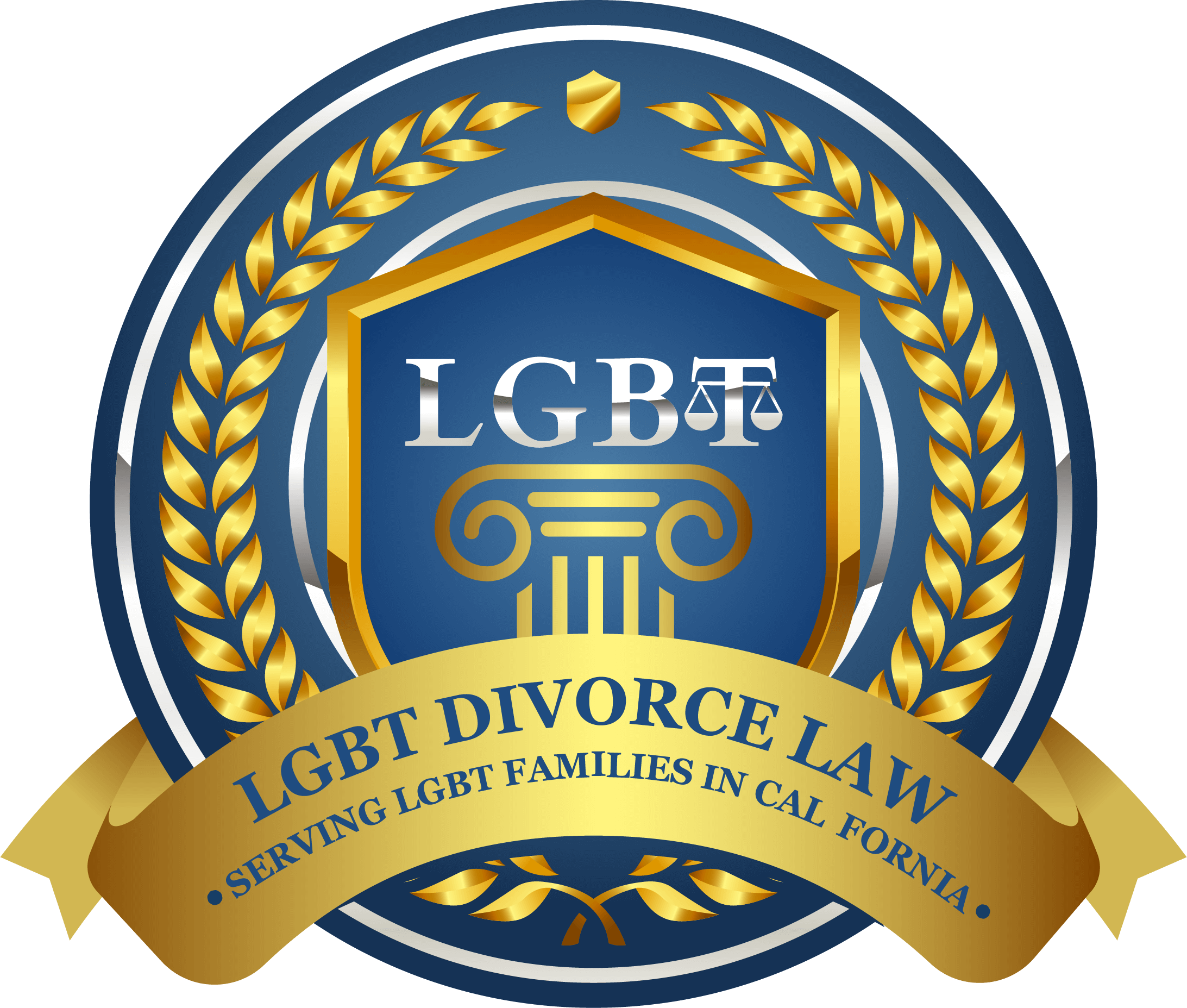Frequently Asked Questions
Divorce mediation is a process where a neutral third party, the mediator, helps same-sex couples in California reach mutually agreeable solutions regarding the terms of their divorce, including child custody, asset division, and support.
During mediation, both parties, with the assistance of the mediator, engage in open and constructive discussions to identify their interests, explore options, and work towards a fair and customized divorce settlement.
Mediation offers numerous benefits, including cost-effectiveness, privacy, flexibility, and the ability to maintain a cooperative relationship post-divorce, which is particularly important for same-sex couples who may have shared social networks.
Yes, mediation can be an effective option even for complex divorces involving same-sex couples. The mediator’s expertise in family law and familiarity with the unique issues faced by same-sex couples can help address complexities and ensure a comprehensive settlement.
Mediation encourages open communication, active listening, and problem-solving, fostering a more respectful and cooperative environment. This approach often leads to better long-term outcomes for both parties.
Yes, mediation can be beneficial for high-conflict same-sex couples as it provides a structured and supportive setting where conflicts can be addressed constructively. The mediator facilitates effective communication and helps find common ground.
Divorce mediation covers various topics, including child custody and visitation schedules, division of assets and debts, spousal support, child support, and any other specific concerns unique to same-sex couples.
While not required, having legal representation is highly recommended during the mediation process. An attorney who specializes in LGBT family law can provide legal advice, review the proposed settlement, and ensure your rights and interests are protected.
The duration of mediation varies depending on the complexity of the issues involved and the level of cooperation between the parties. Mediation can take anywhere from a few weeks to several months.
Yes, once both parties have reached an agreement in mediation, it can be documented in a legally binding settlement agreement that can be submitted to the court for approval and incorporation into the final divorce decree.
Yes, a qualified mediator experienced in LGBT family law will have knowledge of the specific legal issues and rights relevant to same-sex couples.
Yes, mediation provides an opportunity for same-sex couples to discuss and create a parenting plan that considers the best interests of the children involved and safeguards the parental rights of both parties.
Yes, full and honest financial disclosure is crucial during mediation to ensure a fair and equitable division of assets and debts. Both parties are expected to provide complete and accurate financial information.
If certain issues cannot be resolved through mediation, those specific matters can be addressed through alternative methods such as negotiation or, if necessary, litigation.
Yes, mediation can also be utilized for post-divorce modifications, providing a collaborative and efficient approach to resolving changes in circumstances related to child custody, support, or other matters.
Yes, mediation offers a confidential and private environment where sensitive information can be discussed without being entered into the public record, providing a higher level of privacy compared to traditional litigation.
Mediation encourages open communication and cooperation, which can help maintain a positive co-parenting relationship and minimize the impact of the divorce on the children involved.
Yes, mediation can facilitate discussions and negotiations to address the division of complex assets, taking into account their value, tax implications, and the individual circumstances of the couple.
No, the mediator’s role is to facilitate productive discussions and help the couple make their own informed decisions. The mediator does not impose decisions but guides the process towards a mutually acceptable resolution.
It is recommended to seek a mediator who specializes in LGBT family law and has experience working with same-sex couples. Referrals from trusted sources, professional organizations, or LGBT community resources can help in finding a qualified mediator.










